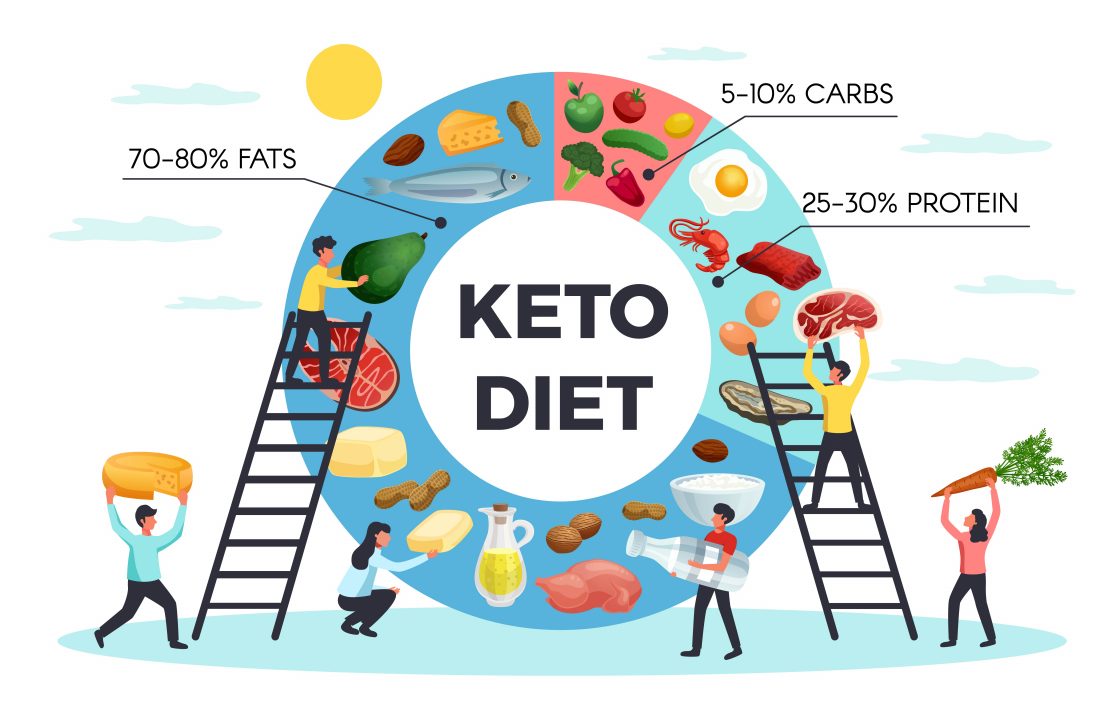How does weight impact your family dynamic? The answers to this question go far beyond the number on the scale, as research has shown us.
- Your sex life: Interestingly, science suggests that weight can have a measurable effect on the quality of the marital relationship. In a study in the Journal of Sex and Marital Therapy, Duke University researchers found that obesity has a detrimental effect on sexual quality of life between couples. And it doesn’t take a scientist to tell us how a downturn in intimacy can affect other parts of your relationship with your spouse.
- Your children’s long-term health: Many other studies have found clear connections between the weight status of parents and that of their children. Researchers studied Greek households and determined that home and family environment—particularly involving diet and activity choices—appears likely to be a very strong predictor of childhood obesity. Professional organizations are taking notice, and in 2012 the American Heart Association issued a scientific statement calling parents and other adult caregivers “agents of change” for their obese children, based on a review of existing literature. The American Heart Association (AHA) researchers found that parents who instituted changes to encourage behaviors associated with healthier weight in the home environment tended to be more successful in affecting the weight of their children.
- Your family’s emotional well-being: The picture emerging from many studies shows that our weight and the weight of those to whom we are related are associated with levels of stress and depression within the family. While other factors may be involved, researchers suggest that the connection here is more than just coincidence—evidenced by a 2013 study in the Journal of Epidemiology and Public Health in which Spanish researchers showed obesity in childhood and adolescence to be an independent risk factor for depression in adult life.
References;
https://www.ncbi.nlm.nih.gov/pmc/articles/PMC6771291/
https://www.ncbi.nlm.nih.gov/pmc/articles/PMC6047250/
https://link.springer.com/article/10.1007/s13679-012-0042-7
https://www.ncbi.nlm.nih.gov/pmc/articles/PMC4408699/
https://www.ncbi.nlm.nih.gov/pmc/articles/PMC5971431/







